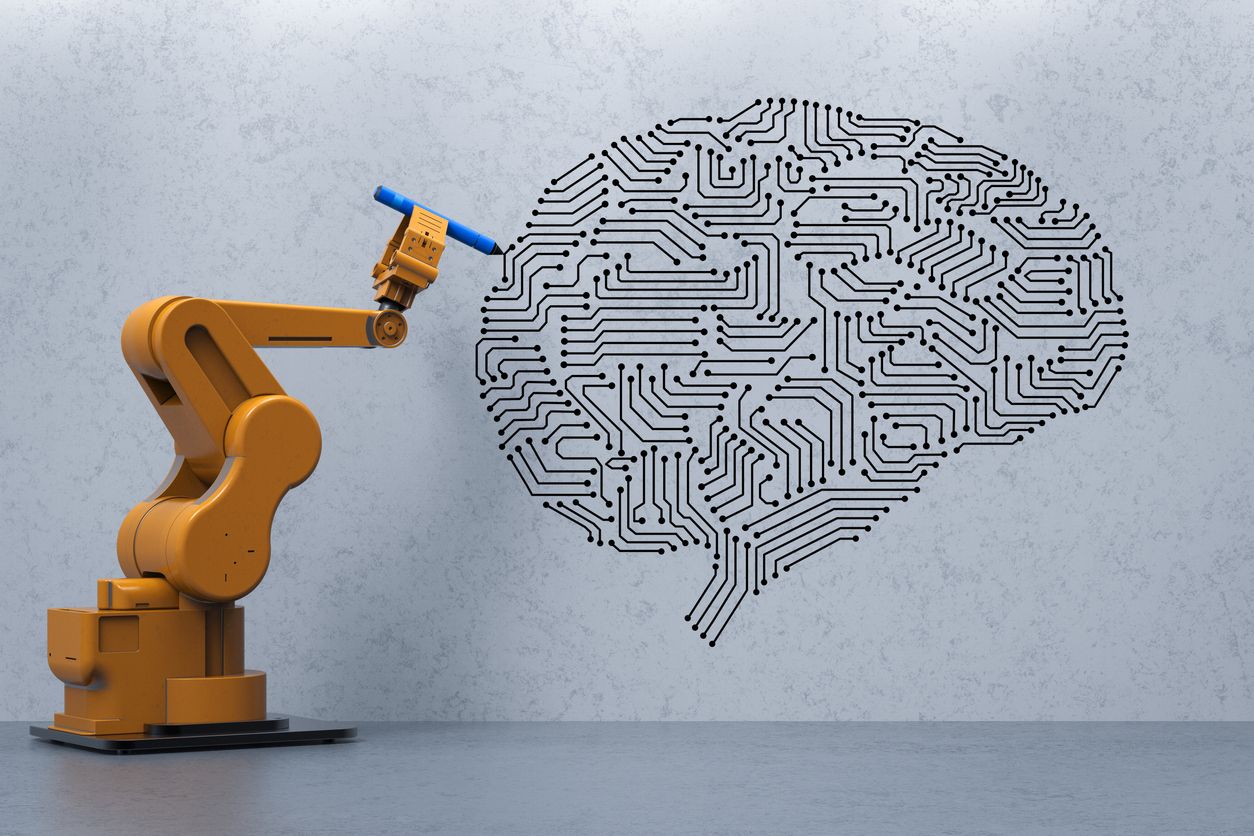In today’s world, the topic of artificial intelligence (AI) is becoming more and more important. With companies like Amazon and Facebook already dominating the market, it’s important that policymakers understand the implications of these technologies. That’s why the OECD released its Principles on Artificial Intelligence in late 2017. The principles are meant to guide policymakers as they make decisions about AI technologies and their impact on society. This blog post will explore some of the key principles and how they may affect your legal practice. So read on to learn more about why oecd principles on artificial intelligence is so important law review!
Background
Artificial intelligence (AI) has the potential to improve human life in many ways. For example, AI can provide more accurate predictions of future events, help people with disabilities live more independently, and help businesses make more effective decisions.
There are a number of Principles of Artificial Intelligence that policymakers around the world have endorsed as important legal norms. The oecd principles are a set of eight recommendations on how to ensure that AI benefits everyone, not just those who develop it.
The oecd principles focus on four key areas: transparency, fairness, human rights, and safety. They require companies using AI to be transparent about how their technology is used, to make sure that people affected by its use are treated fairly, to respect human rights, and to put safety concerns first.
The principles provide a framework for ensuring that AI is used responsibly and beneficially. They will be important guidelines for policymakers as they consider how best to regulate the rapidly growing field of artificial intelligence.
Oecd Principles on Artificial Intelligence
Artificial intelligence (AI) is a rapidly-growing field of computer science, engineering, and mathematics. As AI technology becomes more sophisticated, its application to legal systems has begun to emerge as a pressing concern.
The OECD Principles on Artificial Intelligence are an important set of guidelines for the responsible development of AI. They were developed in response to public concerns about the potential risks posed by artificial intelligence technologies. The principles aim to ensure that AI is used responsibly and ethically, and that its benefits are maximized while its risks are reduced.
The Principles require that all parties involved in the development of AI adhere to a series of interlocking principles: transparency, fairness, accountability, stewardship, human rights, privacy and safety. These principles require actors in the AI ecosystem – from researchers and developers to corporations and regulators – to take a collective approach to ensuring that AI harms are avoided and benefits are realized. The Principles also provide a framework for assessing the impact of AI on human rights and social values.
Though only adopted by a limited number of countries so far, the Principles have had a significant impact on shaping the discourse around AI development. They have helped spark debate about how best to manage the risks associated with this transformative technology while ensuring its benefits are realized.
Why are the Oecd Principles Important?
The OECD Principles on Artificial Intelligence (AI) were created in order to provide a framework for the responsible development of AI. The principles are based on five key concepts: human integrity, benefit, fairness, transparency and accountability.
The first two principles – human integrity and benefit – are essential in order to ensure that AI is used in a way that benefits society as a whole. The principle of fairness requires that AI systems be designed so that they are equitable and work fairly for all people involved. Transparency ensures that everyone has access to information about how AI is being used, so they can make informed decisions about its impacts. Finally, the principle of accountability requires that those who develop and use AI be held accountable for its effects.
The OECD Principles on Artificial Intelligence are important because they help ensure that AI is developed responsibly and used in a way that benefits society as a whole.
Artificial intelligence has the potential to improve many aspects of our lives
Artificial intelligence (AI) has the potential to improve many aspects of our lives. For example, AI could help us identify and prevent financial fraud, make safer medical decisions, or better manage our resources. But we need to be careful that AI doesn’t become a tool for discrimination or exploitation.
To ensure that AI’s benefits are maximized while its risks are minimized, the international community has developed a set of principles known as the “OECD Guidelines on Artificial Intelligence.” The guidelines promote transparency and accountability in AI development and use, foster collaborative decision-making among stakeholders, and protect human rights. The OECD Guidelines are important law review because they provide a common framework for evaluating the effects of artificial intelligence on society and the legal system.
Conclusion
In the rapidly evolving world of artificial intelligence, it is important to have standards in place to ensure that technology is used responsibly. The OECD Principles on Artificial Intelligence provide a framework for governing AI development and use, ensuring that both humans and machines are treated fairly. As technology continues to evolve at an alarming rate, having these principles in place will help ensure that everyone involved with AI has the best possible chance for success.





